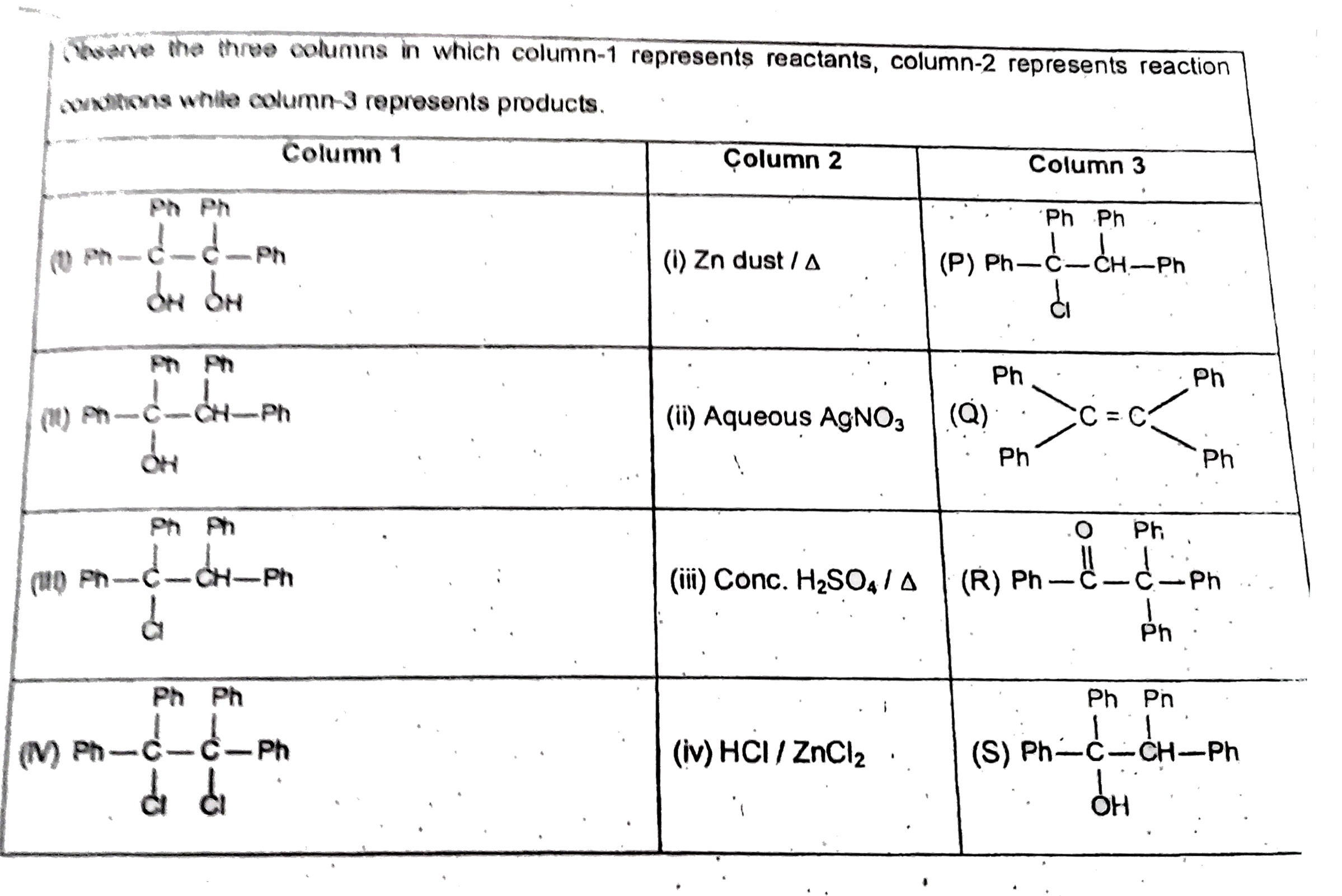State a condition under which a bimolecular reaction is kinetically first order reaction.
Text Solution
A bimolecular reaction becomes first order reaction when one of the reactant is in excess.CH3COOC2H5Ethyl acetate+H2O→CH3COOHEthenoic acid+C2H5OHEthenol
This reaction is bimolecular but its order depends only on conc. of CH3COOC2H and [H2O] almost remain constant.
|
Topper's Solved these Questions
- CHEMICAL KINETICSBOOK - KUMAR PRAKASHANCHAPTER - CHEMICAL KINETICSEXERCISE - Section-D (Matching The columns)
4 Videos
- CHEMICAL KINETICSBOOK - KUMAR PRAKASHANCHAPTER - CHEMICAL KINETICSEXERCISE - Section-D (Assertion and Reason type)
5 Videos
- CHEMICAL KINETICSBOOK - KUMAR PRAKASHANCHAPTER - CHEMICAL KINETICSEXERCISE - Section-D (Multiple Choice Questions (nore than one options))
12 Videos
- BOARD EXAM QUESTION PAPER MARCH - 2020 BOOK - KUMAR PRAKASHANCHAPTER - BOARD EXAM QUESTION PAPER MARCH - 2020 EXERCISE - PART -B
23 Videos
- CHEMISTRY IN EVERYDAY LIFEBOOK - KUMAR PRAKASHANCHAPTER - CHEMISTRY IN EVERYDAY LIFEEXERCISE - SECTION - E (MCQs ASKED IN GUJCET/BOARD EXAM)
37 Videos
Similar Questions
Knowledge Check
State one condition under which a bimolecular reaction may be kinetically of first order reactions.
AWhen both reactants have same concentrationBwhen one of the reacting species is in large excessCwhen the reaction is at equilibriumDwhen the activation energy of reaction is lessConcentration dependence of rate is called differential rate equation. Integrated differential equations give relation between directly measured experimental data i.e., concentration at different times and rate constant. The integrated rate equations are different for the reactions of differennt reaction orders. the first-order reaction has a rate constant 1.15×10−3s−1.
Q. Under which condition a bimolecular reaction is kinetically first order reaction:AWhen two ractants are involved.BWhen one of the reactants is in excess.CWhen one of the reactants does not involve in reaction.DNone of these.Under what conditions a bimolecular reaction may be kinetically of first order ?
Awhen both reactants have same concentrationBwhen one of the reacting species is in large excessCwhen the reaction is at equilibriumDwhen the activation energy of reaction is less
State one condition in which a bimolecular reaction may be kinetically of the first order?
View SolutionDefine order of reaction. Write the condition under which a bimolecular reaction follows first order kinetics.
View Solution(a)The rate constants of a reaction at 500 K and 700 K are 0.02 s−1and0.07s−1 respectively. Calculate the value of Ea.
(b) Under what condition a bimolecular reaction behaves kinetically first order reaction ?
View SolutionWhich of the following reactions is pseudo first order reaction?
View Solution
The bimolecular reaction is represented by :
View Solution
